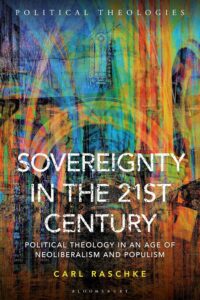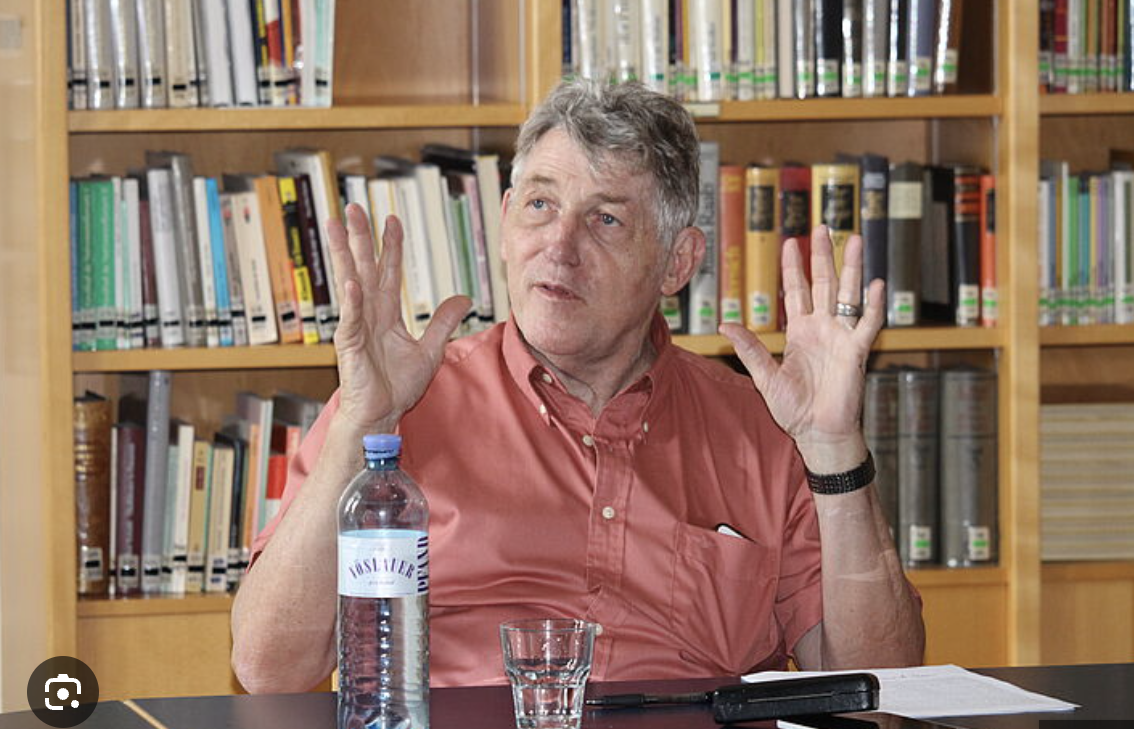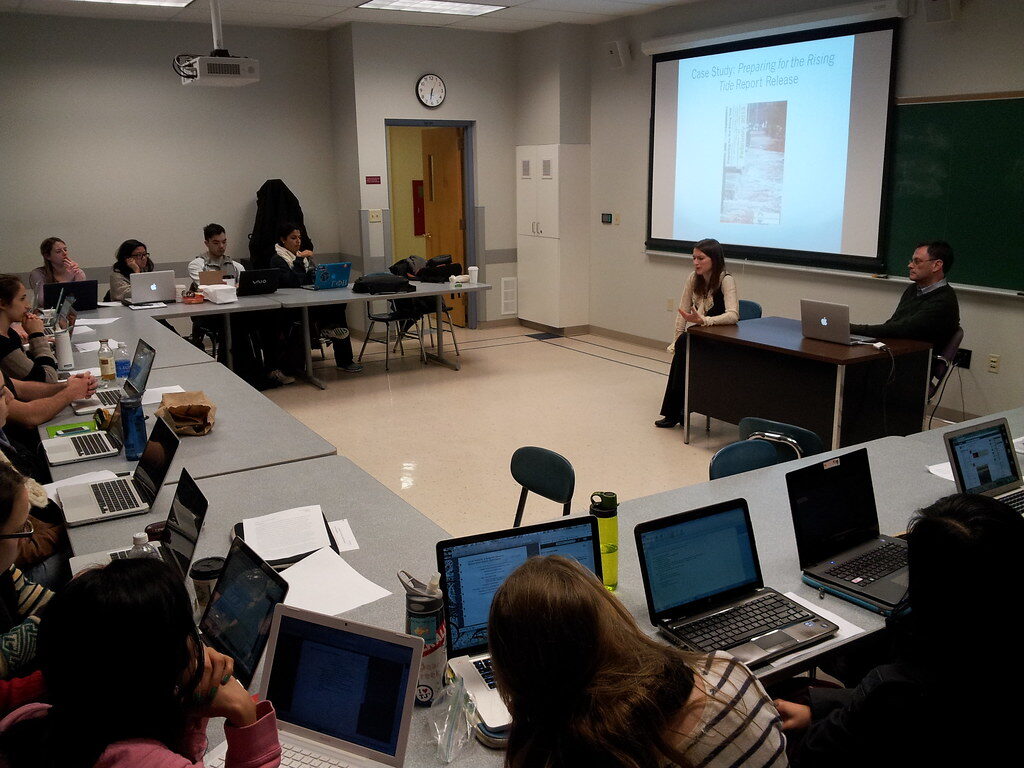Distinguished professor and international thought leader

__________________________________________________________
Praise for Raschke’s most recent book
Sovereignty in the 21st Century
***
“Carl Raschke’s book Sovereignty in the 21st Century is a passionate plea for a new concept of sovereignty in the face of neoliberal constraints and identity logics that determine the political events of our time.” ―Kurt Appel, Professor of Philosophy, University of Vienna, Austria
***
“In this fascinating discussion the idea of sovereignty is subjected to fresh analysis, linking earlier treatments with the challenges presented today by current social and political developments. It is an arresting contribution to political theory that marshals a wide range of fertile ideas and sources.” ―T R S Allan, Professor Emeritus of Jurisprudence and Public Law, University of Cambridge, UK


Professor of Philosophy of Religion
University of Denver
University Lecturer 2019-20
“The Revolution of Respect:
The Overlooked Factor in Globalizaiton That is Driving Everything”
Carl Raschke is Professor of Philosophy of Religion at the University of Denver and past chair of the department and past director of the MA program. He specializes in European philosophy, political theology, the philosophy of religion, art theory, globalization theory, and the theory of religion. He was chosen University Lecturer for 2020-21.
He is an internationally known writer and academic, who has during his career authored over 20 books and over a thousand articles on topics ranging from postmodernism to popular religious movements to technology, culture, and society to international studies to political theology.
Recent books include Sovereignty in the 21st Century: Political Theology in an Age of Neoliberalism and Populism (Bloomsbury Academic, 2024), Neoliberalism and Political Theology: From Kant to Identity Politics (Edinburgh University Press, 2019), Postmodern Theology: A Biopic (Cascade Books, 2017), Critical Theology: An Agenda for an Age of Global Crisis (IVP Academic, 2016), Force of God: Political Theology and the Crisis of Liberal Democracy (Columbia University Press, 2015) and Postmodernism and the Revolution in Religious Theory: Toward a Semiotics of the Event (University of Virginia Press, 2012),
Raschke is Senior Editor for The Journal for Cultural and Religious Theory and a director and officer for The Whitestone Foundation, a Colorado-based, non-profit 501(c)3 organization which focuses on publication of academic journals and blogs, higher education reform, and thought leadership.
He has been a major force over the years in both higher ed reform and the integration of online learning with conventional face-to-face classroom education. He started with grants from AT&T and the Coors Foundation in the late 1990s, leading to publication of a groundbreaking book on the future of digitized learning at the turn of the millennium. Because of the book he was invited in 2005 to be the keynote speaker for Educause, the premier professional educators association for the development of online learning. in Sedona, Arizona.
From 2016-2018 he served as managing editor for Political Theology Today (currently Political Theology Network).
Raschke has also served on the publications board and the board of directors for the American Academy of Religion.
He is currently on the Board of Scientific Advisors for the internationally renowned Center for Religion and Transformation in Contemporary Society at the University of Vienna. The center hosted the 2025 annual meeting for the European Academy of Religion.
He has taught as adjunct faculty and as visiting scholar at the University of Vienna, Rice University, University of Colorado (Colorado Springs), and the Seattle School of Theology and Psychology.
He has also lectured at numerous institutions abroad including Lancaster University (UK), Lund University (Sweden), Radboud University (Netherlands), Marburg University (Germany), and the Institute for Human Sciences (Austria).
Transforming Higher Education
Four Decades of Experience as
Innovator and Change-Maker
American higher education is in crisis right now, and few know what to do about it.
But Carl Raschke has been there – and has been deeply engaged now – since the early 1980s when the Governor appointed him to a statewide task group of business, government, and academic dignitaries known as the “Colorado Innovation Society” charged with figuring out how to make local universities, the new breed of tech entrepreneurs, and venture financiers work productively together.
That was more than a decade before the internet. Yet Raschke, who at the time was not only a professor but editor of a newsletter for local thought leaders entitled Colorado Business and Technology Update as well as a stringer for several regional tech-focused magazines, helped Rocky Mountain community leaders begin to envision how the brand new “fad” of desktop computer use would ultimately transform learning in addition to both professional and personal lifestyles.
In the late Eighties and early Nineties Raschke became heavily and centrally involved in the national movement to establish “core” or “common” curriculum standards for the whole of American post-secondary and K-12 education. Through his role at the University of Denver helped launch and was named president of the American Association for the Advancement of Core Curriculum (AAACC). At one point during his tenure he even was invited to testify before Congress about the challenges of higher education reform.
In the mid-1990s the AAACC received a grant from Lucent Technologies, a division of AT&T, and the Coors Foundation to do beta site testing for real-time, synchronous course delivery that leveraged what then was early-stage peer-to-peer video conferencing, an early forerunner of Zoom and Google Meet.
The classroom technology ran on now outdated high-speed lines known as ISDN that were soon replaced by fiber optic cables, and the emerging internet TCP/IP internet protocol soon rendered the technology obsolete.
But Raschke saw the future thirty years ago, and he began working with and pushing the administration of his own university to get serious about integrating its preferred model of intensive, student-centric, face-to-face classroom instruction with the new globally “extended” learning environment, which digital technology had inaugurated.
In 2012 he was among the first cohort of instructors at his university in online education. All instruction, as he recalls, was “asynchornous” then. But he developed a course on globalization within his institution’s own parameters that demonstrated in real-time what a classroom interconnected with the worldwide web of information might look like.
In 2019 as long-serving director of his department’s MA program he was instrumental in launching the first-of-its-kind synchronous Zoom degree track with the university for students who want to earn a graduate degree without having to move to Denver. The initiative virtually saved the program from extinction during Covid, according to an article in Equinox. A first-of-its kind innovation in accredited graduate degree offerings, the program itself is currently growing and thriving.
Raschke is currently working with a national group of private donors, university administrators, and ed tech entrepreneurs to launch a series of online leadership seminars to address the crisis of higher education and making radical recommendations for its reform.

